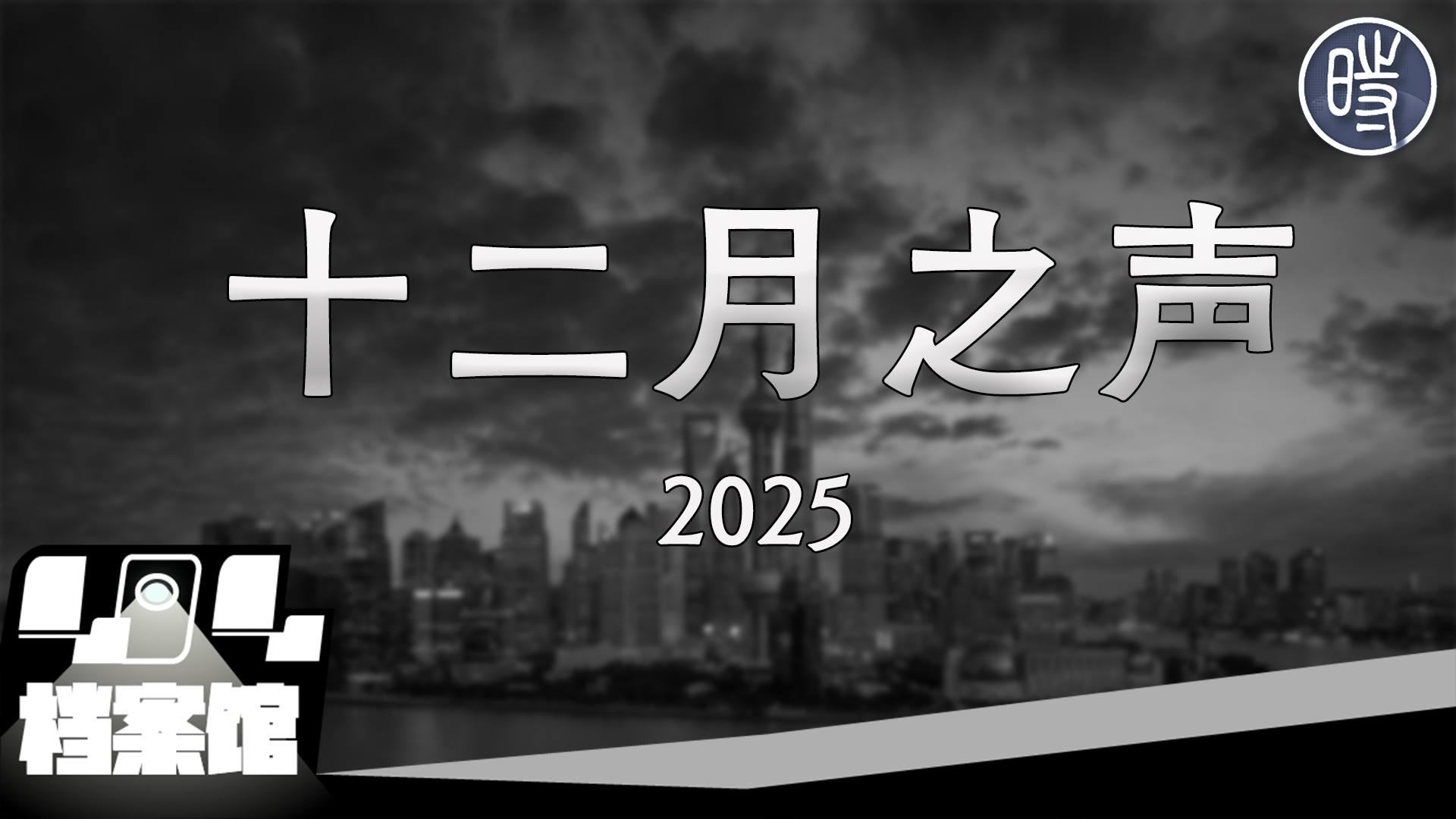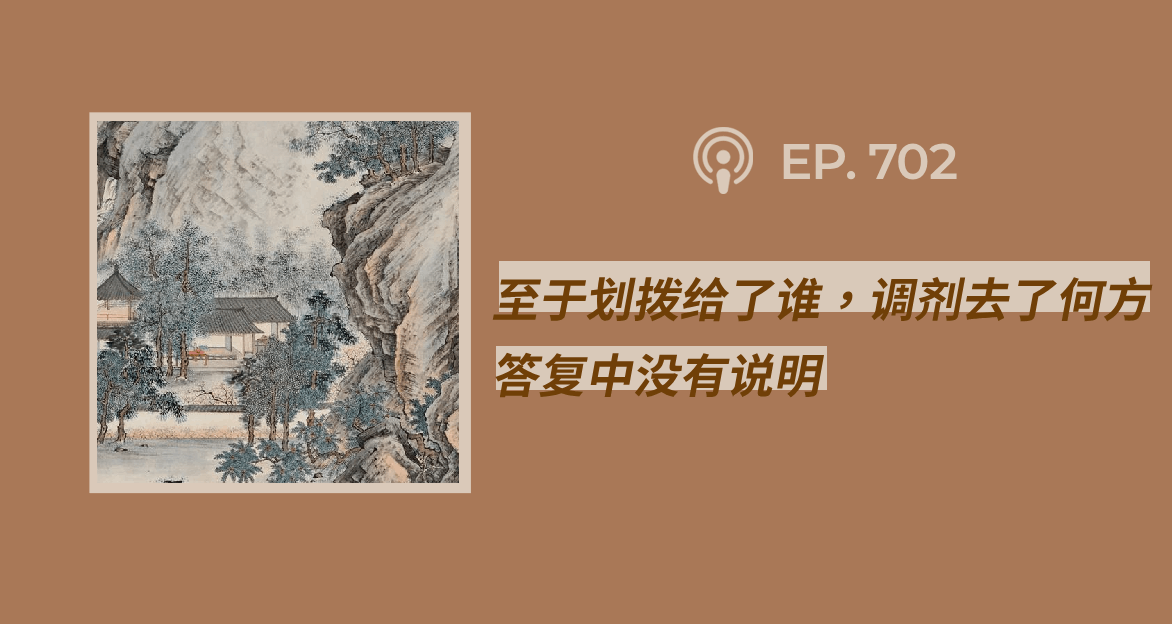TorrentFreak是一个新闻网站,专门报道BT下载。
上周,它罕见地发表了一篇政论,不谈下载,完全谈政治。文章的题目叫做《反抗不正义的法律是公民的天职》(It Is Everyone’s Duty To Defy Unjust Laws),作者是瑞典盗版党的创始人Rick Falkvinge。
他的本意是呼吁大家一起行动,改变不合理的版权法。但是实际上,他触及了一个更深层的问题—-如果法律是错的,你觉得自己应该怎么办?
他的观点非常鲜明:盲目的服从,不是善,而是恶;反抗不正义的法律是公民的天职。
文章一开头就气势如虹:
I sometimes hear people claim that laws exist to be followed. These people are the most dangerous people who exist in a society.
“有人说,只要是法律,就要遵守。这种说法对于社会极其危险。”
Tyranny is never upheld through law; it is upheld through thousands of bureaucrats that follow the letter of the law just because they believe in rules and law.
“暴君为什么能够维持统治?就是因为他手下有千千万万盲目守法的官僚。”
那么,为什么不能盲目遵守法律?
有两个原因。
第一,法律并不是最高的行事准则,世界上存在更高的价值标准。
Doing so in a conscious way dates back to Socrates, who was the first to claim that there is a moral law that transcends and supersedes the law of the land.
“早在古希腊,苏格拉底就说过,国王的法律之上,还有一种道德的法律(moral law)。”
第二,法律往往不代表普遍的正义,而只代表掌权者的”正义”。
Laws are not made because they are righteous. Laws are made because they advance somebody’s political career.
“法律之所以被制定出来,并不是因为它们是正确的,而是因为它们符合某个政治家(集团)的利益。”
很多人嘴里说”要守法”,但是并非真心认为应该如此,而是以此作为推卸个人责任的借口。既然法律有规定,那就照着做吧,何必去想对不对。
这是非常危险的做法,正确的做法应该像下面这样:
A person who considers the orders, rules or laws to be wrong has a duty to defy them. Every single war criminal learned this before they were hanged. On the other hand, many resistance fighters learned the opposite before they were shot.
“如果你认为某个法律是错的,是不公不义的,那么你就有责任去质疑它、违抗它,而不是盲目遵守它。”
At the end of the day, you have only your own moral compass. You must decide whether to follow the law, and in considering this, you need to understand why the law was made in the first place.
“最终来说,你的道德价值观才是你的指南针。你必须自己决定遵守哪些法律。为了做到这一点,你必须知道最高的价值观是什么。”
Usually, it makes sense to follow most laws, most of the time. But not all laws, all of the time. People who are standing waiting at a hung red stoplight at 2am with no human being nor car in sight are not just stupid, but downright dangerous.
“大多数时候,我们应当遵守大多数法律。但是,我们不应当在所有时候,遵守所有的法律。”
Does this mean I encourage breaking the law? No. Mostly it doesn’t mean that because doing so would be too flauntingly illegal. However, in the spirit of discretion, I encourage everybody to follow their own moral compass and to help their fellow human beings.
“我这样说,是不是鼓励大家去违法?不,从事非法活动,往往会有危险的后果。出于谨慎原则,我鼓励大家跟随自己的道德价值观,判断一件事该不该做。”
=================================================
原文写到这里就结束了,但是它让我想到了另一篇更有名的文章—-19世纪美国作家梭罗的《论公民的不服从》(Civil Disobedience)。
该文发表于1849年,正是南北战争前夕,梭罗认为一个支持黑奴制度的美国政府是邪恶的政府,公民不应该服从这样的政府。他雄辩地阐述了,个人的良知(consciences)高于强权(power),反抗一个不正义(injustice)的制度是每个公民的责任(duty)。
这篇文章深深影响了后来的托尔斯泰、甘地、马丁·路德金等进步人士,成为”非暴力,不合作”运动的基础。虽然它与上文相隔162年,但是根本观点和内在精神完全一致,读起来竟然有一种浑然一体的感觉。
下面就是我对梭罗的那篇文章的一些摘录,强烈推荐。
The government itself, which is only the mode which the people have chosen to execute their will, is equally liable to be abused and perverted before the people can act through it.
“政府只是人民用来有效行使他们的意志的一种形式。在人民还来不及贯彻他们的意志之前,政府也能同样有效地被滥用或误用。”
Governments show thus how successfully men can be imposed upon, even impose on themselves, for their own advantage.
“政府的存在表明,为了自己的利益,一部分人可以如此成功地驾驭这个机构,甚至可以驾驭人民。”
when the power is once in the hands of the people, a majority are permitted, and for a long period continue, to rule is not because they are most likely to be in the right, nor because this seems fairest to the minority, but because they are physically the strongest. But a government in which the majority rule in all cases can not be based on justice, even as far as men understand it.
“当人民掌权后,多数派将控制政权,而且长期控制,这不是因为他们非常正义,也不是因为少数派认可他们,而是因为他们具有最强大的实力。但是,一个由多数派控制一切的政府,是不可能建立在正义之上的,即使是表面的正义也做不到。”
I think that we should be men first, and subjects afterward. It is not desirable to cultivate a respect for the law, so much as for the right. The only obligation which I have a right to assume is to do at any time what I think right.
“我认为,我们首先必须做人,其后才是做国王的顺民。让人们像尊重正义一样尊重法律,这是不可取的。我应该承担的唯一义务是,不论何时都从事我认为是正义的事。”
But when the friction comes to have its machine, and oppression and robbery are organized, I say, let us not have such a machine any longer.
“如果机器内部的故障控制了整个机器,并进行有组织的欺压与掠夺,那么,就让我们扔掉这部机器吧。”
But it is the fault of the government itself that the remedy is worse than the evil. It makes it worse. Why is it not more apt to anticipate and provide for reform? Why does it not cherish its wise minority? Why does it cry and resist before it is hurt? Why does it not encourage its citizens to put out its faults, and do better than it would have them?
“那是政府的过错,政府使局势变得更糟。为什么政府不善于预见改革,并为其提供机会呢?为什么政府不珍惜少数派的智慧呢?为什么政府不见棺材不落泪呢?为什么政府不鼓励老百姓为它指出错误,改进工作呢?”
Any man more right than his neighbors constitutes a majority of one already.
“任何人只要比周围的人更正义一些,也就构成了一人的多数。”
(完)
本文由自动聚合程序取自网络,内容和观点不代表数字时代立场
















